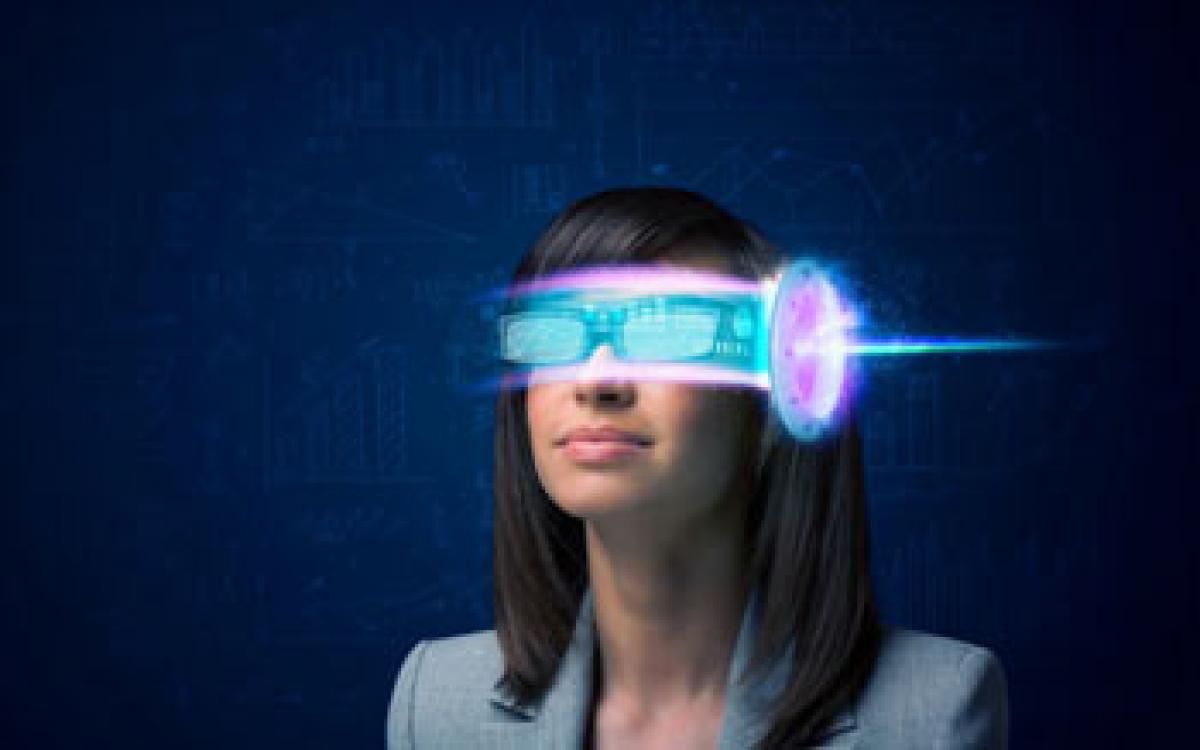Live
- 5 arrested, bikes worth Rs 12L recovered
- Chandrababu's Brother's health deteriorates, Lokesh heads to Hyderabad
- Host of events mark ‘RTI and LCI Week’
- Lions Club joins hands with Lendi NSS unit
- 42 gamblers held; Rs 17.34L seized
- Rights forum to take out a rally on Nov 26
- NEP will bring major changes in edu system: MP
- Cyberabad EOW arrest 8 persons for investment fraud
- Power staff remove creepers around poles
- Waqf Board has more powers than Supreme Court: MP Konda
Just In

Following years of hype, 2016 looks to be the year that Virtual Reality (VR) actually becomes real as firms like HTC, Sony and Samsung propose to launch equipment this year to make this possible.
 Following years of hype, 2016 looks to be the year that Virtual Reality (VR) actually becomes real as firms like HTC, Sony and Samsung propose to launch equipment this year to make this possible.
Following years of hype, 2016 looks to be the year that Virtual Reality (VR) actually becomes real as firms like HTC, Sony and Samsung propose to launch equipment this year to make this possible.
The HTC Vive, Sony's PlayStation VR, Facebook's Oculus "Rift" and Samsung's "Rink" headset will be seen in the market in the next few months, BBC reported on January 2.
Virtual reality is a computer-simulated reality (in a device) that replicates, via photos, an environment that simulates a physical presence in places in the real world or an imagined world, allowing the user to interact in that world. Virtual reality artificially creates sensory experiences which can include sight, hearing, touch and smell.
For example, with a VR device you can climb Mount Everest making your way gingerly across a shaky bridge while trying not to look down into an icy chasm -- all while sitting on a couch in your house.
The devices may be showcased at the International Consumer Electronics Show (CES) that will be held from January 6 to 9 in Las Vegas. The HTC Vive is seen as the device providing the best VR experience. Its launch, slated for last year, was delayed for some further tweaking.
Sony's PlayStation VR and Facebook's Oculus "Rift" headsets can be seen in the markets in the next few months while Samsung has big plans to unveil its "Rink" at the CES. Apart from gaming, Virtual Reality technology may prove to be a ground-breaking technology in many areas of life, the report said.
Two psychologists from London, Ashley Conway and Vanessa Ruspoli, developed a system that uses Oculus' Rift headset to treat patients with phobias. Their company Virtual Exposure Therapy aims to give patients exposure in a virtual world to the thing they fear.
"It is not the real world but a very visceral experience. You get a physiological reaction. It is a really good bridge between not being able to do something and doing it in the real world," Conway explained.

© 2024 Hyderabad Media House Limited/The Hans India. All rights reserved. Powered by hocalwire.com







